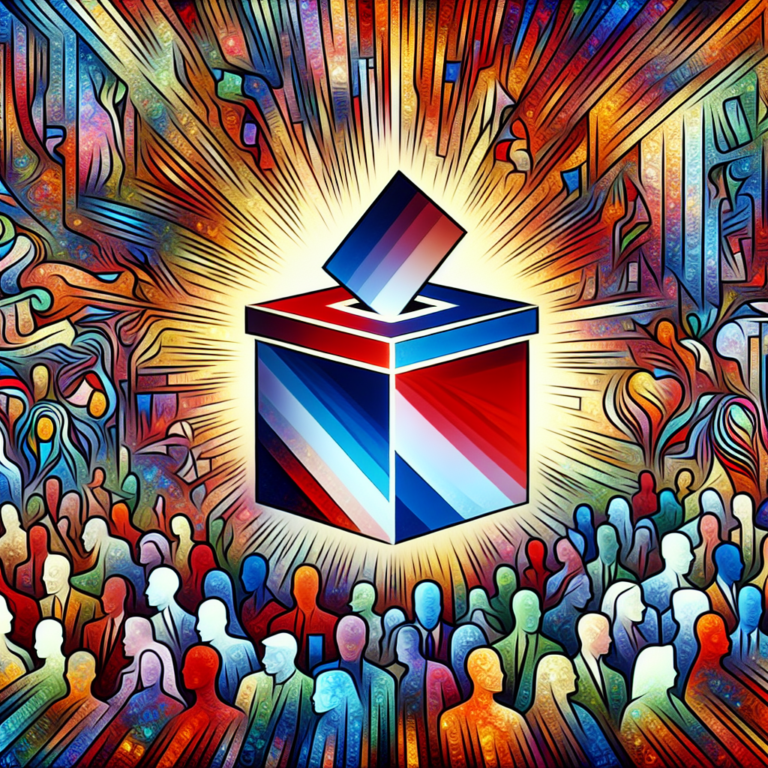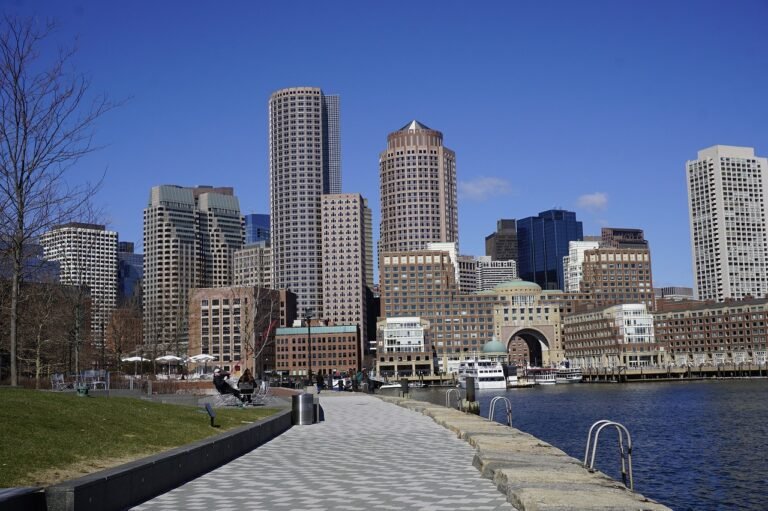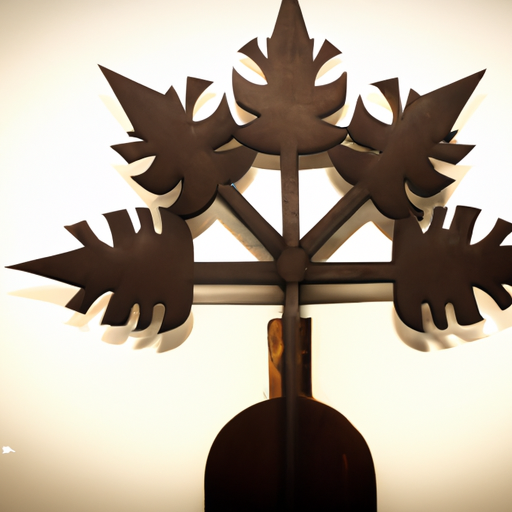Who Were The Leaders Of The Mau Mau Movement?
If you’ve ever wondered about the influential figures behind the Mau Mau movement, look no further. In this article, we shine a light on the leaders who played pivotal roles in this historical movement. From Dedan Kimathi to Jomo Kenyatta, join us on a journey to discover the individuals who spearheaded Kenya’s fight for independence and left an indelible impact on the nation’s history.
Jomo Kenyatta
Early Life
Jomo Kenyatta, born on October 20, 1897, in Gatundu, British East Africa, was a prominent leader during the Mau Mau movement in Kenya. Growing up in a traditional Kikuyu family, Kenyatta experienced firsthand the injustices and discrimination against indigenous Africans under British colonial rule. This early exposure to the hardships faced by his people would play a significant role in shaping his future activism.
Involvement in the Mau Mau Movement
Kenyatta established himself as a pivotal figure in the Mau Mau movement, which was formed in the early 1950s to resist British colonial rule and fight for Kenyan independence. Despite being jailed during the infamous Kapenguria Six trial in 1952, Kenyatta’s influence within the movement remained strong. His writings, such as “Facing Mount Kenya” and “Suffering without Bitterness,” became renowned for inspiring and galvanizing Mau Mau fighters.
Impact and Legacy
Following Kenya’s independence in 1963, Jomo Kenyatta became the country’s first Prime Minister and later its President. His leadership was instrumental in the decolonization process, fostering national unity, and laying the foundations for an independent Kenya. Kenyatta’s legacy is still felt today, as his policies on education, infrastructure development, and land redistribution shaped the nation’s trajectory. His commitment to African nationalism and self-determination made him an iconic figure in Kenya’s history.
Dedan Kimathi
Background and Early Activism
Dedan Kimathi, born in 1920 near Nyeri in the central highlands of Kenya, was another key leader within the Mau Mau movement. Growing up in a peasant family, Kimathi witnessed firsthand the injustices and marginalization that the indigenous Kenyan population endured under British colonial rule. The hardships he faced ignited a deep sense of determination to fight for the rights and liberation of his people.
Role in the Mau Mau Movement
Kimathi played a significant role in the Mau Mau movement, becoming one of its most renowned military leaders. Alongside other notable figures like Waruhiu Itote (General China), Kimathi led numerous guerilla attacks against British forces, utilizing his exceptional military strategies and organizational skills. His ability to unite various ethnic groups within the Mau Mau movement was instrumental in strengthening their resistance against colonial oppression.
Capture and Execution
In 1956, Kimathi was captured by British colonial authorities. Despite his capture, he continued to embody the spirit of resistance until his execution on February 18, 1957. His unwavering commitment to the cause and his refusal to surrender even in the face of certain death solidified his status as a martyr and symbol of Kenyan resistance against British colonialism.
General China
Origins and Early Life
General China, whose birth name was Waruhiu Itote, was born in Nyeri, Kenya, in 1922. Known as a charismatic and skilled leader, Itote grew up in a Kikuyu community that experienced the brunt of British colonial oppression. These formative experiences shaped his worldview and motivated him to play a significant role in the fight for Kenyan independence.
Military Leadership in the Mau Mau
General China’s military expertise and natural leadership qualities made him a key figure within the Mau Mau movement. He led numerous successful attacks against British colonial forces, employing innovative guerilla tactics that tested the limits of the British military’s capacity to suppress the uprising. General China’s ability to inspire and motivate his fellow fighters earned him the respect and admiration of his peers.
Later Life and Legacy
After the Mau Mau movement was crushed by the British authorities, General China was among the captured leaders. Despite his imprisonment, he continued to fight for the rights of indigenous Kenyans even after his release. General China’s legacy lies not only in his contributions to the struggle for independence but also in his dedication to community development initiatives and his tireless efforts to improve the lives of ordinary Kenyans. His legacy lives on as a symbol of resilience and the fighting spirit of the Mau Mau movement.
Field Marshal Musa Mwariama
Early Years and Activism
Field Marshal Musa Mwariama was born in Meru District, Kenya, in 1928. Growing up in the colonial era, Mwariama experienced firsthand the injustices and inequalities faced by his community. Inspired by the resistance efforts of the Mau Mau movement, he dedicated himself to the fight for independence and the liberation of his people.
Mau Mau Leadership
Mwariama played a prominent role within the Mau Mau movement, rising to the rank of Field Marshal due to his exceptional military skills and leadership abilities. He commanded a loyal following and was known for his tactical prowess and dedication to the cause. Mwariama’s charismatic leadership helped to unite disparate factions within the movement and further strengthened the resolve of Mau Mau fighters.
Arrest and Imprisonment
Like many other Mau Mau leaders, Mwariama was eventually captured by British colonial forces. He was sentenced to life imprisonment but was released in 1961 following negotiations leading to Kenya’s independence. Although his physical freedom was restored, the years of incarceration took a toll on Mwariama’s health. He continued to fight for the rights of the marginalized until his untimely death in 1969. His unwavering commitment to the cause and his ability to foster unity within the Mau Mau movement remain an important part of his legacy.
Bildad Kaggia
Background and Political Activism
Bildad Kaggia, born on June 7, 1921, in Kangema, Kenya, was a prominent figure in the Mau Mau movement and a tireless advocate for the rights and liberation of indigenous Kenyans. Growing up in the oppressive colonial era, Kaggia witnessed firsthand the immense disparities and discriminatory practices faced by his people. These experiences fueled his determination to fight for justice and equality.
Role in the Mau Mau Movement
Kaggia played a crucial role in mobilizing and organizing the Mau Mau movement. His charismatic personality and excellent communication skills helped him to inspire and rally others to join the cause. Kaggia’s contributions to the movement extended beyond his role as a political leader – he also played a critical role in providing logistical support and resources to Mau Mau fighters.
Aftermath and Political Career
Following Kenya’s independence, Kaggia continued to champion the rights of marginalized groups. He was elected as a Member of Parliament and later served as Minister of State in the Office of the President. Kaggia’s political career was marked by his unwavering commitment to social justice and his efforts to ensure that the gains of independence were enjoyed by all Kenyans, regardless of ethnicity or background.
Waruhiu Itote (General China)
Early Life and Education
Waruhiu Itote, more commonly known as General China, was born in 1922 in Nyeri, Kenya. Growing up in a colonial era marked by racial discrimination and economic disparities, General China witnessed the hardships endured by his community. Despite limited access to formal education, he acquired invaluable knowledge and skills through his interactions with community leaders and his own observations.
Involvement in the Mau Mau
General China emerged as a prominent figure within the Mau Mau movement, drawing on his military expertise and natural leadership qualities. He played an instrumental role in planning and executing guerilla attacks against British colonial forces, inflicting significant damage and forcing the British to reevaluate their strategies. General China’s charisma and ability to inspire others made him a respected leader within the movement.
Post-Mau Mau Activities
After the Mau Mau movement was suppressed, General China faced capture and imprisonment by the British authorities. Following his release, he dedicated his life to community development initiatives, focusing on education and improving the livelihoods of ordinary Kenyans. General China’s post-Mau Mau activities showcased his commitment to continuing the fight for a more just and equitable Kenya.
Fred Kubai
Political Activism before Mau Mau
Fred Kubai, born in 1920 in Nyeri, Kenya, was a prominent political leader and activist before his involvement in the Mau Mau movement. Kubai played a significant role in mobilizing communities against colonial rule through various grassroots initiatives, emphasizing the need for unity and self-determination.
Participation in the Mau Mau
Kubai’s passion for justice and equality led him to join the Mau Mau movement. His dynamic leadership and ability to relate to people from diverse backgrounds made him an effective mobilizer and strategist. Kubai contributed to the movement not only through his political acumen but also his bravery on the frontlines, participating in numerous guerilla attacks against British forces.
Political Career after Mau Mau
Following Kenya’s independence, Kubai continued his political career, serving as a Member of Parliament and holding various ministerial positions. He remained committed to the principles of social justice and equality, advocating for the rights of marginalized groups and working towards building a democratic and inclusive Kenya. Kubai’s legacy is one of resilience and dedication to the ideals of the Mau Mau movement.
James Gichuru
Pre-Mau Mau Involvement
James Gichuru, born in 1914 in Gatundu, Kenya, played a crucial role in Kenya’s struggle for independence. Before the emergence of the Mau Mau movement, Gichuru was active in political organizations such as the Kikuyu Central Association and the Kenya African Union, advocating for the rights and representation of indigenous Kenyans.
Role in the Mau Mau Movement
Gichuru’s leadership skills and commitment to the cause propelled him to become a key figure within the Mau Mau movement. He participated in organizing and mobilizing Mau Mau fighters, emphasizing the importance of unity and resilience in the face of colonial oppression. Gichuru’s presence and guidance provided hope and encouragement to many in the movement.
Aftermath and Political Career
After Kenya gained independence, Gichuru continued to serve his country as a Member of Parliament and Cabinet Minister. He played a crucial role in the formation and consolidation of political parties during the early years of independence. Gichuru’s contributions to nation-building and his commitment to democracy and good governance remain an indelible part of his legacy.
Fredrick Matara Miruka
Early Activism
Fredrick Matara Miruka, born on June 26, 1918, in Nyamira District, Kenya, was a prominent activist and leader during the Mau Mau movement. Miruka’s early life was marked by the injustices and discrimination faced by the indigenous Kenyan population, sparking his determination to fight for change and liberation.
Leadership Circle in Mau Mau
Miruka played a crucial role within the leadership circle of the Mau Mau movement. His strategic thinking and organizational skills were instrumental in coordinating the activities of the movement across different regions. In addition to his role in the armed struggle, Miruka advocated for the social and economic rights of Kenyans, ensuring that the broader issues of inequality and exploitation were addressed.
Aftermath and Legacy
After Kenya gained independence, Miruka continued to be involved in political activism. He fought for land reform and the empowerment of small-scale farmers, ensuring that the gains of independence were felt by those who had been marginalized for so long. Miruka’s commitment to social justice and his contributions to the Mau Mau movement cemented his place as a key figure in Kenya’s struggle for independence.
In conclusion, the Mau Mau movement, with its diverse leaders, played a pivotal role in Kenya’s struggle for independence. These leaders, such as Jomo Kenyatta, Dedan Kimathi, General China, Field Marshal Musa Mwariama, Bildad Kaggia, Fred Kubai, James Gichuru, and Fredrick Matara Miruka, each contributed their unique skills and experiences to the fight against British colonial rule. Their unwavering commitment to justice, equality, and self-determination continues to inspire generations of Kenyans and serves as a lasting legacy of their contribution to the nation’s history.







